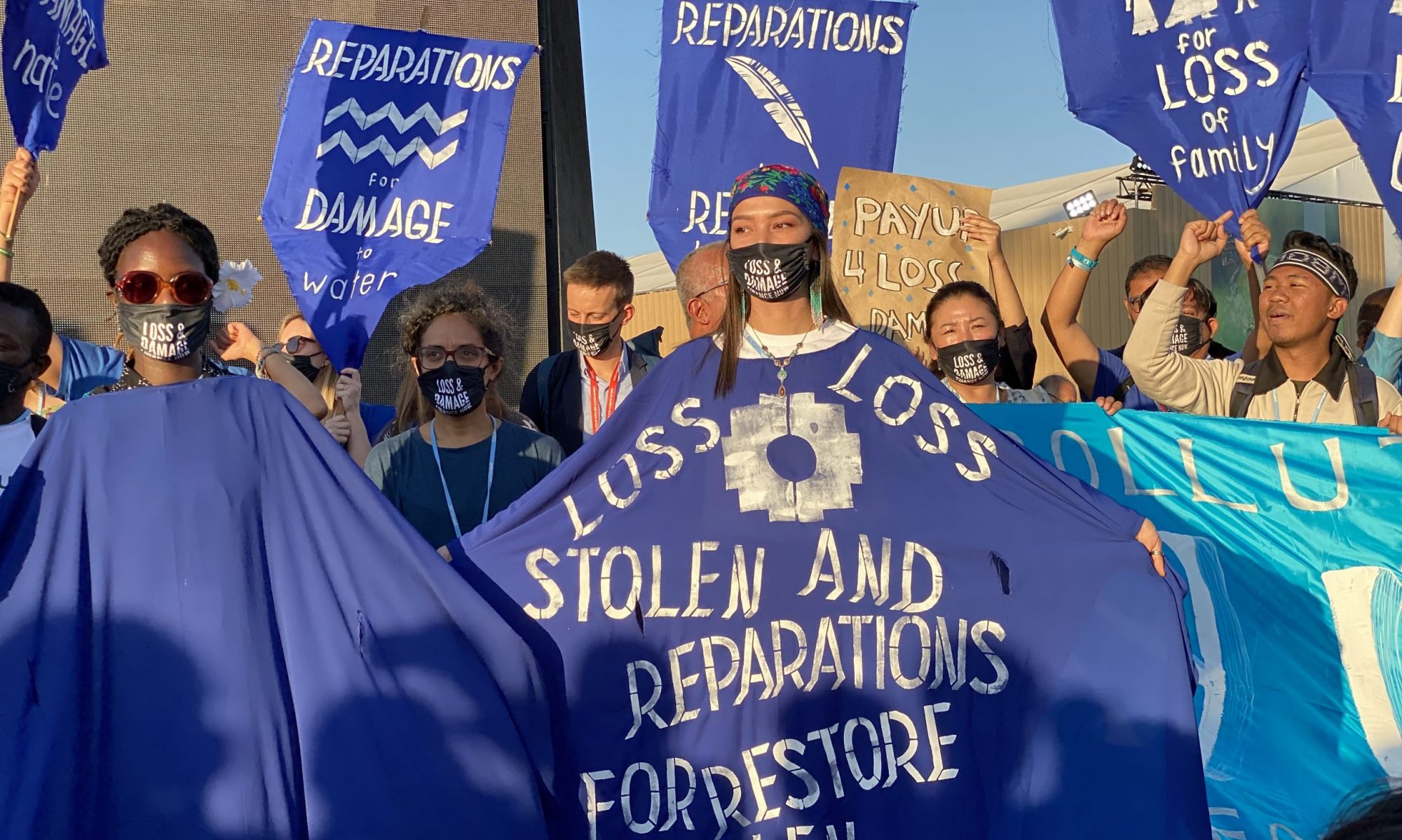Critically Engaged Climate Education (CECE) is an international hub of educators, students, and organizers who seek to catalyze socially and ecologically accountable approaches to climate education.
Education is often understood as the primary means of preparing young people to address the climate and nature emergency. Yet there are competing perspectives about what constitutes relevant and responsible climate education. As the impacts of climate change and biodiversity loss become more tangible, and projections of possible futures become more dire, many people are calling upon educators to promise a more hopeful future and offer guaranteed solutions.
This kind of climate solutionism is often driven by concern that people will succumb to climate doomism, a fatalistic sense that it is too late to stop climate catastrophe. But while climate education that is grounded in solutionism may be well-intended, it does not align with current realities and thus, does not adequately prepare young people to hold the full weight and complexities of the wicked problems we face, and that they are already feeling.
Critically Engaged Climate Education seeks to go beyond the possibilities offered by either climate solutionism or climate doomism. It supports people to develop the stamina and the intellectual, affective, and relational capacities that could enable them to confront the difficult realities and multiple complex layers of the climate and nature emergency and to keep moving and learning with and through these difficulties and complexities rather than feeling overwhelmed, immobilized, or seeking quick fixes.
CECE promotes and supports approaches to climate education that are critically-engaged, complexity-informed, contextually-relevant, socially and ecologically accountable and inquiry-based. We elaborate on these four guiding principles below:
Critically-engaged approaches to climate education support people to
-
- Trace the socio-historical root causes and drivers of climate change and biodiversity loss, particularly 3Cs: colonialism, capitalism, and consumption.
- Diagnose structurally uneven responsibilities and burdens, in particular that the global north is responsible for most of the carbon emissions and ecological destruction, yet the global south suffers the worst impacts; there is a similar dynamic in relation to settlers and Indigenous peoples.
- Develop critical literacy around the impacts of proposed solutions, including the extent to which they consider the rights of nature, human rights, Indigenous rights, and the potential impacts on systemically marginalized communities. Consistently ask: who decides, for whose benefit, and at whose expense?
Complexity-informed approaches to climate education support people to:
-
- Recognize that the contemporary context is characterized by volatility, uncertainty, complexity, and a cacophony of competing perspectives and meanings that resist meta-narratives and the possibility of consensus.
- Interrupt common desires for hope in continuity, certainty, and universal answers in order to more honestly confront and learn to hold space for the depth, magnitude, and complexities of the challenges we face.
- Identify the tensions, contradictions, and paradoxes that exist within and between multiple moving layers of reality (both in oneself and the world), and discern what is most contextually-relevant and responsible intervention.
Contextually-relevant approaches to climate education support people to:
-
- Recognize how the uneven burdens and responsibilities of the climate and nature emergency are relevant to their own context.
- Consider multiple perspectives on and responses to climate change and biodiversity loss, and trace where they are coming from, what they assume, what they enable, and what they foreclose (paying special attention to mis-/dis-information, and ‘greenwashing’).
- Emphasize systemically marginalized perspectives to counter that marginalization, such as Indigenous critiques of solutions premised on “business as usual, but greener” (e.g., carbon offsets, climate finance), and proposals for reparative and redistributive climate action (e.g., #LandBack, reparations, losses & damages).
Socially and ecologically accountable approaches to climate education support people to:
-
- Reflexively acknowledge individual and institutional complicity in the reproduction of harm and unsustainability, and accept responsibility to enact repair and restitution for colonial harm and carbon debts.
- Learn to relate to the world differently, beyond the limits of the modern/colonial imagination and the imposed separations that have led to climate change and biodiversity loss in the first place.
- Develop relationships grounded in trust, respect, reciprocity, consent, and accountability in order to prepare for contextually-relevant coordinated responses to current and coming social and ecological challenges.
Inquiry-based approaches to climate education support people to:
- Embrace curiosity, experimentation and open-endedness as drivers of the learning and unlearning process.
- Develop capacity, humility and stamina to work through the uncertainty, hyper-diversity, complexity and ambiguity that characterize wicked problems.
- Approach failures and mistakes as essential educational opportunities.
- Focus on depth rather than mastery of content and skills.
- Not run away from confronting one’s complicity in harm and using it as leverage for expanding accountabilities.
CECE is part of the University of the Forest project, led by Chief Ninawa Huni Kui. If you would like to be part of CECE and receive updates about our work, you can join our mailing list here.
